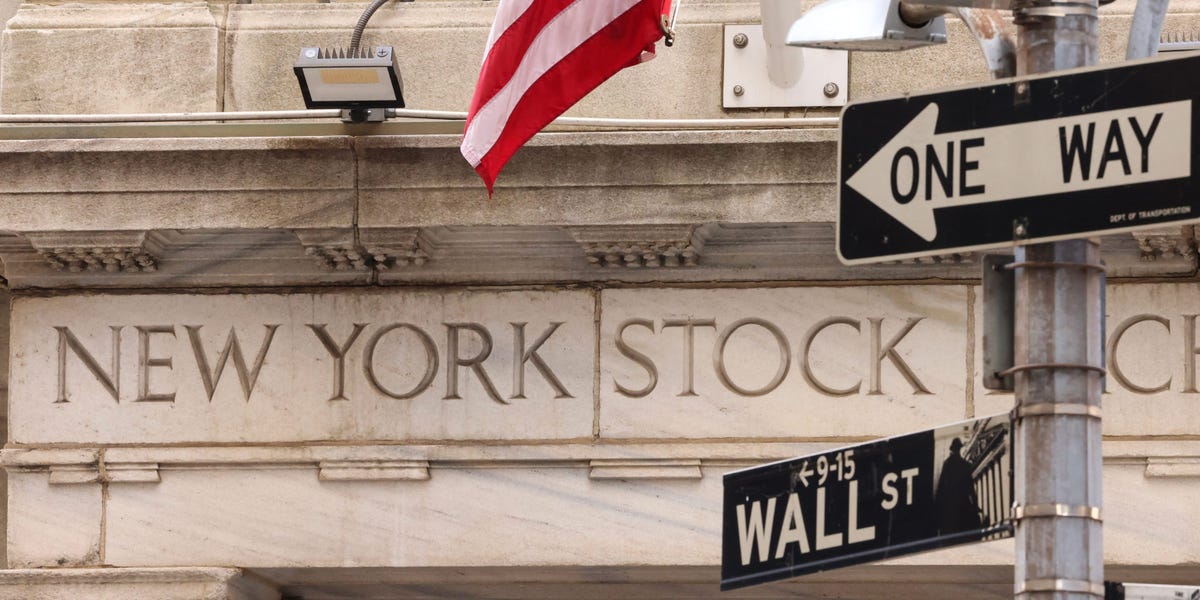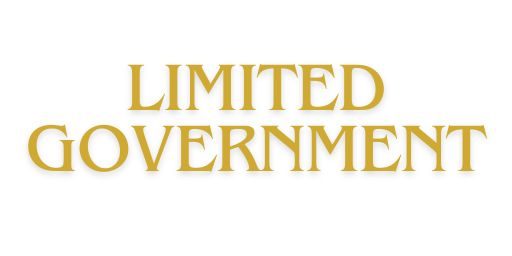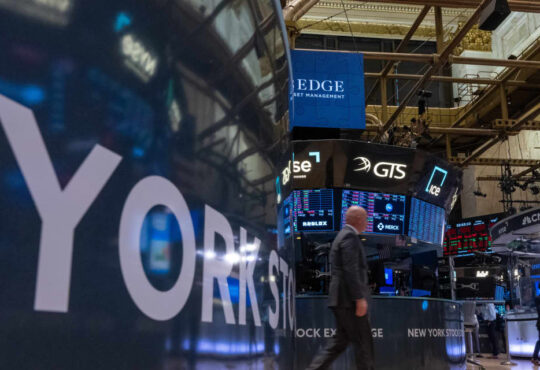
4 Stock Market Sectors Wall Street Thinks Will Surge in 2025
- Wall Street firms are saying these 4 stock market sectors going into the new year.
- While tech and financials are expected to continue outperforming, there are also new opportunities.
- Consider adding materials and utilities to qq portfolio next year.
2024 saw some big winners in the stock market.
To be expected, there were a lot of AI-driven winners. The communication services sector led the pack with a year-to-date return of nearly 45%. That’s followed closely by the information technology sector, up 40% this year. And consumer sentiment remained high even in the face of stickier-than-expected inflation, boosting the consumer discretionary sector up 38%.
In contrast, the healthcare, energy, materials, and real estate sectors returned 5% or lower this year.w
Market experts are still bullish on tech and the AI story going into 2025, but they’re also expecting market returns to broaden out and come from different sources.
Add a new administration into the mix, and there are even more unknowns. Wall Street is bracing for deregulation, tariffs, and new immigration policies under president-elect Donald Trump, which will have different impacts across the market.
“The central equity theme for next year is one of higher dispersion across stocks, styles, sectors, countries, and themes,” JPMorgan said in its 2025 outlook.
So, where should you look for opportunity in the market next year? Business Insider gathered recommendations from six Wall Street firms and compiled four sectors that the investment firms are bullish about going into 2025.
Financials
Firms optimistic about the sector: Bank of America, JPMorgan, Oppenheimer, Truist, UBS
Consensus thesis: Financials will benefit from deregulation and more mergers and acquisitions under a Trump presidency
The financials sector is on track for another standout year after returning 30% in 2024, Wall Street banks say.
The financials sector is cyclical and therefore does well when the rest of the economy does well. As fears of a recession dissipate and the economy progresses toward a soft landing, financials companies are celebrating — especially US banks, according to Bank of America.
It’s looking likely that Trump will replace Lina Khan, the current chair of the Federal Trade Commission who’s become famous — or infamous, if you’re asking corporate America — for her trust-busting.
“Our Banks team is bullish on an M&A pick-up, where deal activity has historically been over 50% higher under Republican administrations,” wrote Savita Subramanian, head of US equity and quantitative strategy at Bank of America, in the bank’s 2025 outlook. Increased dealmaking activity will provide a boost to big banks’ investment banking fees and allow financial institutions to expand their business operations, she said.
Bank of America believes post-2008 regulations have put a damper on the sector’s valuations, but Trump’s deregulatory stance is bringing new optimism to the space.
“Lighter regulations would be a positive for banks, which now have strong balance sheets and are focused on cash return and could now see loan growth,” Subramanian added.
While banks typically benefit from high rates as they earn more on their loans, a consistent rate cutting schedule going into 2025 is also a boon for the financial sector, according to UBS.
“We expect Fed rate cuts to lead to lower funding costs, higher loan growth, and more capital market activity,” the bank said in its 2025 outlook.
Information technology
Firms optimistic about the sector: Goldman Sachs, Oppenheimer, Truist, UBS
Consensus thesis: Technology will be propelled by both secular trends and the AI story
Unsurprisingly, it’s looking likely that tech will remain dominant in the new year. AI technology continues to advance, with more companies reporting new monetization opportunities.
JPMorgan strategists expect the Magnificent Seven to continue pouring capital expenditures into AI in 2025 — over $500 billion, to be specific.
The AI picks and shovels trade that gave a boost to chip producers is still in full effect, UBS says. “AI infrastructure spending remains robust, and we expect key semiconductor components needed for AI to remain supply-constrained in 2025, supporting pricing,” the bank said in a note
Goldman Sachs is particularly bullish on software and services within the sector. “The industry group is a leading beneficiary of a potential AI ‘hand-off’ from Phase 2 (infrastructure) to Phase 3 (AI-enabled revenues),” the bank wrote in a note about their 2025 outlook.
It’s not just AI, though. Goldman Sachs believes software and services will also perform well independently of AI, making it a promising growth area for AI enthusiasts and skeptics alike. “Software & Services offers investors secular growth given it is the industry group least reliant on changes in economic growth or interest rates to drive share price,” the bank said.
Truist sees robust underlying fundamentals and above-market earnings for businesses in the sector. The tech sector is home to many quality companies with strong business models and robust cash flow, according to UBS.
Utilities
Firms optimistic about the sector: Goldman Sachs, JPMorgan, UBS
Consensus thesis: The mostly-domestic industry will be shielded from tariffs and will benefit from AI tailwinds
Goldman Sachs sees utilities as a triple threat: the sector is defensive and will do well if economic growth slows; it’s a beneficiary of AI’s immense power demand; and its strong US presence reduces the impact of potential tariffs.
“The sector is 98% domestic-facing, which should insulate it relative to peers in the event of tariffs,” Goldman Sachs said.
UBS echoed similar sentiments in its 2025 outlook: “Although utilities companies with high renewables exposure could face near-term pressures, we also expect significant growth in AI data centers to fuel power demand, leading to higher power prices. Roughly 20-25% of the sector has material exposure to these trends. The sector’s defensive characteristics should also offer ballast to a portfolio in case economic growth concerns rise.”
Additionally, Bank of America pointed out that the utilities sector has historically led the charge in times of high M&A activity.
Materials
Firms optimistic about the sector: Bank of America, Goldman Sachs
Consensus thesis: Low starting valuations provide opportunity to beat investor expectations
After coming in second to last in performance this year, materials wasn’t a popular pick among Wall Street, but Goldman Sachs and Bank of America are betting on the sector to make a comeback in 2025.
The sector was battered this year by concerns about the Chinese economy — a major consumer of raw materials — and falling commodity prices across the globe.
“The sector’s low starting valuation suggests some pessimism is already reflected in the stocks and that increases the likelihood for an asymmetric rise over a 12-month time frame,” Goldman Sachs strategists wrote.
Bank of America predicts over 20% of growth for the sector in 2025.




